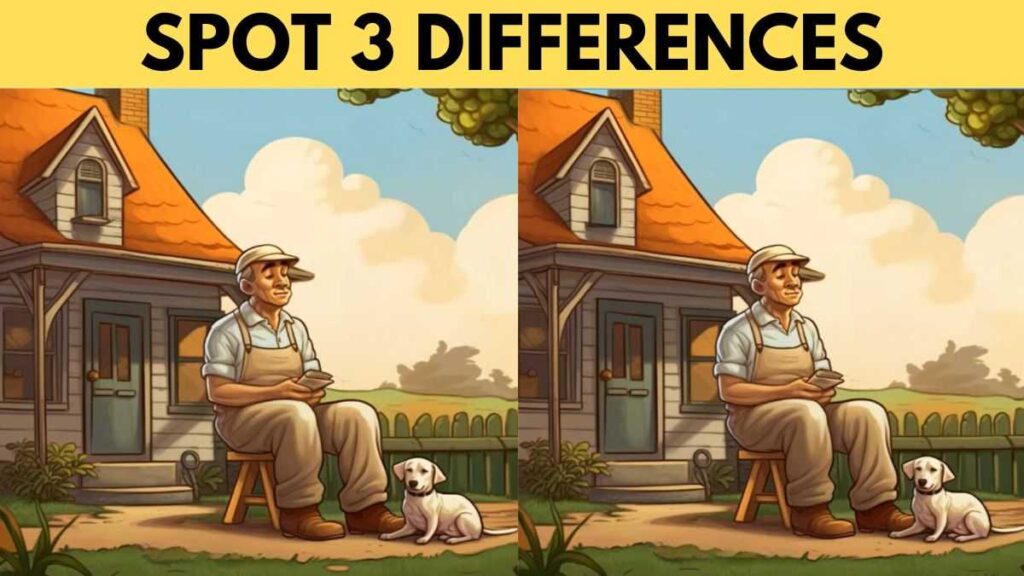The more technology advances in life, the more distant we become from people. People we need to connect with, it is a basic need that is built into our existence. Virtual connection, technology can never be an antidote to the void left by real connection with people, leaving us vulnerable to loneliness and social isolation. Another factor that is pushing the younger generation towards isolation is “Excessive individualism” and “Fear of judgment”. There may be people who are not affected by loneliness, not the country. Some countries such as the UK and Japan have appointed Ministers of Loneliness while others are considering this possibility. Loneliness is an experience that most of us go through at some point in our lives prompted by certain life events. But a worrying trend is that young people are experiencing it the most. While India has no clear data on the impact of loneliness on youth and adolescents, in the US 60% of young people between the ages of 18-25 report feeling lonely almost all the time. single. Since loneliness affects people in different ways, it comes in different forms which are classified into: personal, social and existential loneliness. Solving this problem requires recognition, acceptance, and an approach tailored to the needs of the individual whether in older adults or Gen-Z. Understanding the specific nature of a person’s loneliness makes it easier to take meaningful steps to reduce it. Personal Loneliness: An individual’s experience of suffering. The absence of a particular person in someone’s life leads to individual loneliness as in some cases of bereavement or separation, divorce or adulthood. grew up without a father, without a mother, or as an only child. The absence of an important figure leaves a void, creating a feeling of loneliness that is difficult to overcome. For example, many people have experienced loneliness in the form of suffering during the Covid pandemic, having lost family members or close friends to the worsening impact of the virus. When faced with personal loneliness, especially when someone has lost a loved one and can’t get them back, the only way forward is to fill that void with self-care, love, and love. yourself and a stronger connection to yourself. One can also start by cherishing the happy memories shared with the deceased by cherishing the good times and finding peace when the absence of the deceased can lead to death. create a fulfilling life, despite their absence. Social loneliness In today’s digitally connected world, people feel isolated even when surrounded by others. It is the feeling of being unheard, unseen, or misunderstood, despite having people around—whether at home, work, or social settings. A good example of this is the illusion of connection on social media, where individuals have thousands of followers but still feel disconnected. Even in real-life settings, people may have a group of friends or office colleagues but still feel like no one really understands them. In my interactions with younger people, everyone reported feeling as if they were a “leftover,” “invisible,” or “overcome.” The root cause of this concern often stems from a lack of connection with the inner self. Many people think that building relationships or spending time with others will cure their loneliness, but the most important factor influencing loneliness is the relationship we have with ourselves. . If we don’t understand or value ourselves, it’s nearly impossible to form meaningful connections with others. Existential loneliness Many people feel disconnected from their existence and the world. It becomes a deep feeling of emptiness, which can persist even when a person has everything they seem to need – success, money, power, and relationships. Even though they have a fulfilling material life, they still feel loneliness because their life lacks something and it is certainly not associated with age, wealth or achievement. People of all ages – adults and younger generations can have this feeling. In recent years, there has been an increasing trend of people turning to spirituality to find peace and purpose. This requires looking beyond the physical and material world. In some cases, people seek a relationship with God and identify with it; others define it as universal consciousness, some form of energy, or anything that brings them peace. This is recognized as a spiritual discovery that allows individuals to feel at peace with their existence, providing a sense of meaning that goes beyond worldly achievements. Addressing loneliness across generations For the elderly, personal loneliness is often more common. During their lifetime, they may have lost a spouse, children may have moved away, or may have had to live in assisted living facilities. The solution to their loneliness often lies in building human connections – having someone to talk to, share experiences with, and feel emotionally connected to, regardless of age. sex. It’s not about who they’re talking to, it’s about whether the connection feels genuine and caring. In contrast, social loneliness in young people is often related to a lack of self-awareness, as they struggle to understand themselves and their own desires due to countless distractions. Therefore, for young people, the journey often begins with self-discovery to help them cultivate self-love and a sense of “enough.” Loneliness is a complex experience that requires different approaches depending on its type, nature and underlying cause. By recognizing the type of loneliness one is experiencing – personal, social or existential – one can take the right steps towards healing and fulfillment. Whether through self-awareness, connection with others, or spiritual exploration can pave the way to satisfaction. (Author: Sitender Sehrawat, Social Entrepreneur and Zen Teacher)



